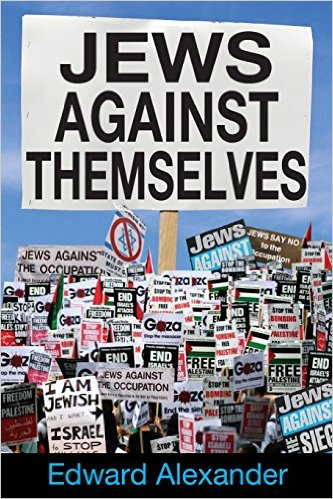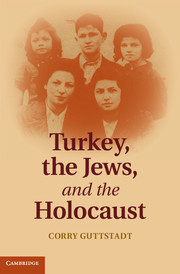Of course, the best actress Oscar given to a movie that glorifies sociopaths, pedophiles and a mad scientist who is an abortionist

Poor Things is a 2023 film directed by Yorgos Lanthimos and written by Tony McNamara, based on the 1992 novel by Alasdair Gray. Poor Things is called a “black comedy” although I didn’t laugh, and “steampunk” which is defined as a subgenre of science fiction that incorporates retro-futuristic technology and aesthetics.
In the case of Poor Things retro-futuristic technology is actually a pornographic film that includes abortion, pedophilia and an array of sociopaths, from a suicidal mother, the killing of an unborn child, horrible experiments of a mad scientist on multiple women, a sociopathic and murderous husband, a sociopathic lover and of course the film’s justification and normalization of wholesale, no pun intended, prostitution, writ large.
After watching the film “Poor Things” we expected that it would receive the Best Picture award at the 2024 Oscars. Keep reading to find out why.
We believe that this film should have been titled “Perverted Things” here are some, but not all, of the reasons why:
- The movie begins with a woman Bella Baxter, played by Emma Stone, jumping off a bridge. What the viewers don’t know until much later in the film is that Bella is pregnant and by jumping off of the London Bridge Bella is not only killing herself but also dooming her innocent unborn child to death. Remind anyone of Planned Parenthood?
- The movie includes Dr. Godwin Baxter a horribly disfigured mad scientist, played by William Dafoe, who finds the pregnant woman Bella who drowned and then proceeds to remove her brain and replace it with her living unborn child’s brain. He had to kill the baby to complete his experiment in organ transplanting.
- Dr. Godwin Baxter is insane and was abused and disfigured as a child by his father. He then became a physician who plays God by creating monsters via organ transplants. Dr. Baxter does not adhere to the Hippocratic Oath, which requires a new physician to swear, by a number of healing gods, to uphold specific ethical standards. Instead Dr. Baxter creates horrible monsters, like Bella.
- The pedophile is Duncan Wedderburn, played by Mark Ruffalo, who by happen stance comes across the child-like Bella and begins to seduce and have sex with Bella multiple times during the film. You see Bella has the brain of her own baby and is mentally a child in the body of a woman. Sickness indeed!
- After Bella dumps Wedderburn, she becomes a prostitute. Multiple scenes in the film are pornographic to say the least. It’s even worse when you understand that emotionally Bella is a child.
- After here time in a French brothel, where Bella becomes among other things a lesbian, she finds her way back to her creator Dr. Baxter, who she calls “God.” There she becomes her own type of monster and carries on Baxter’s experiments with glee.
- In the end Bella becomes an enlightened sociopath that takes revenge on her abusive husband Max McCandless, played by Ramy Youssef, by at the end of the film replacing his brain with that of a sheep.
So, for those who laud this film and award this film I say to you that you are promoting the worst ideas, ideals, social afflictions and medical malpractices in the world.
Bravo for your degeneracy Hollywood. And as for the Oscar’s Board of Governors, well you all are most deserving of your future award — a special place in Hell.
©2024. Dr. Rich Swier. All rights reserved.
RELATED ARTICLE: “The Zone of Interest” Was a Bad Movie. No Wonder Jonathan Glazer is a Hamas Apologist.
RELATED VIDEO: Rabbi Michael Barclay Calls Out the Oscars For Their Blatant Jew-Hatred


 We have been an admirer of David Isaac’s commendable documentary series,
We have been an admirer of David Isaac’s commendable documentary series, 


